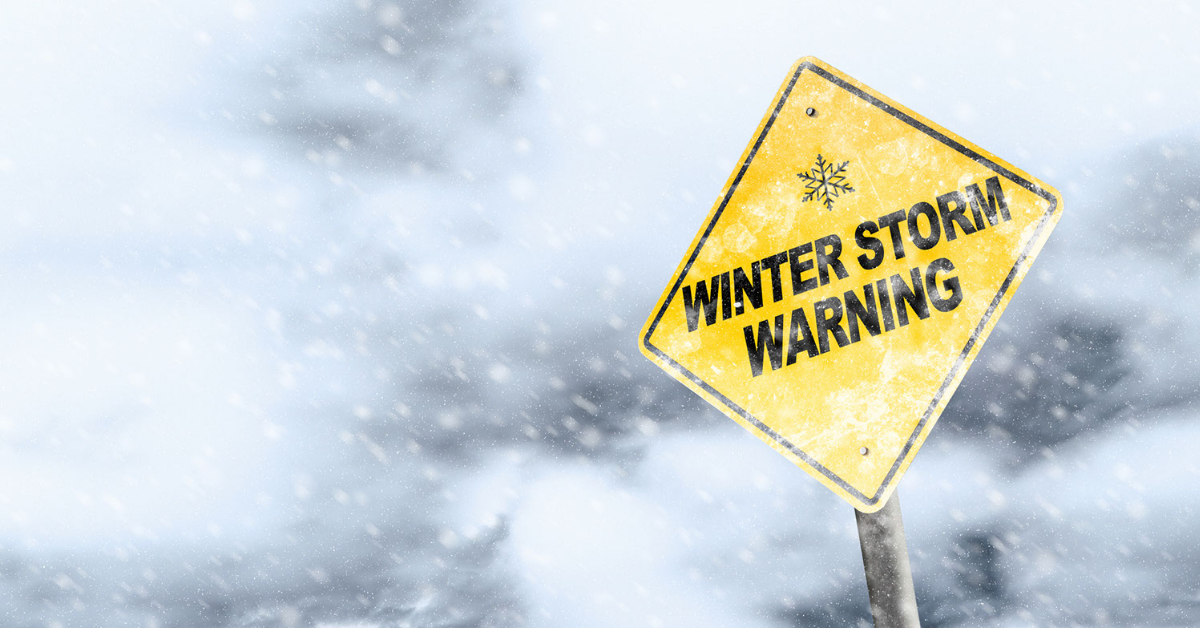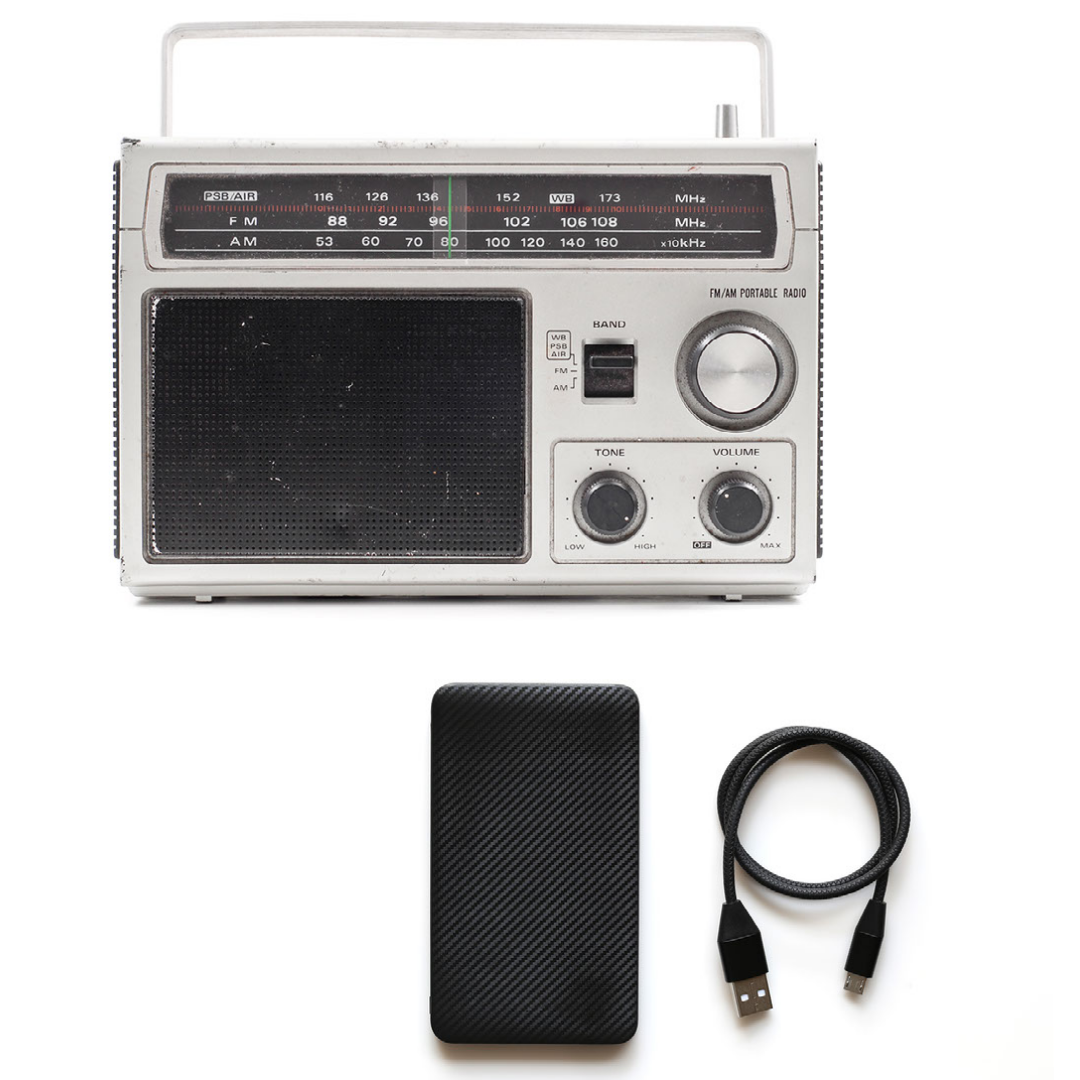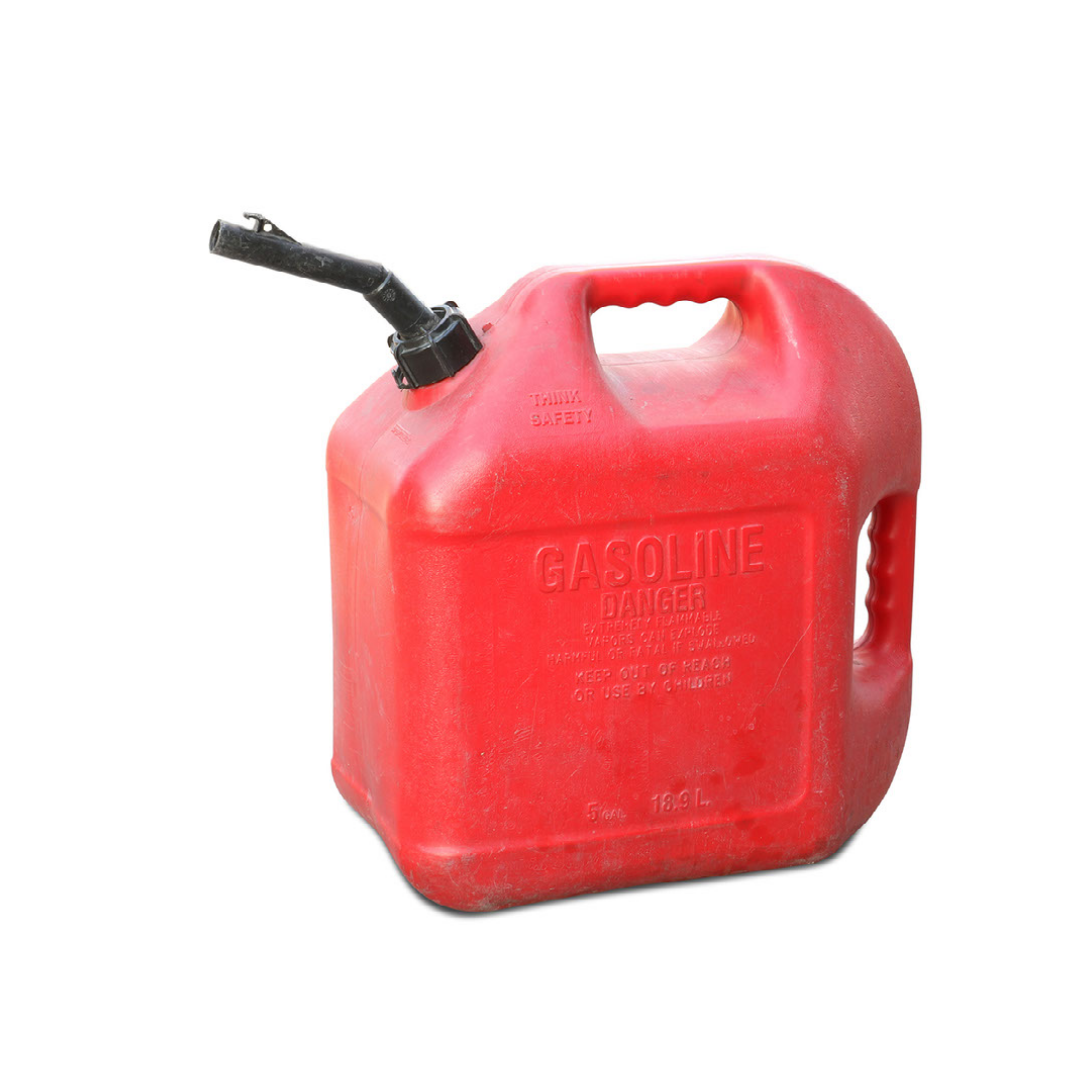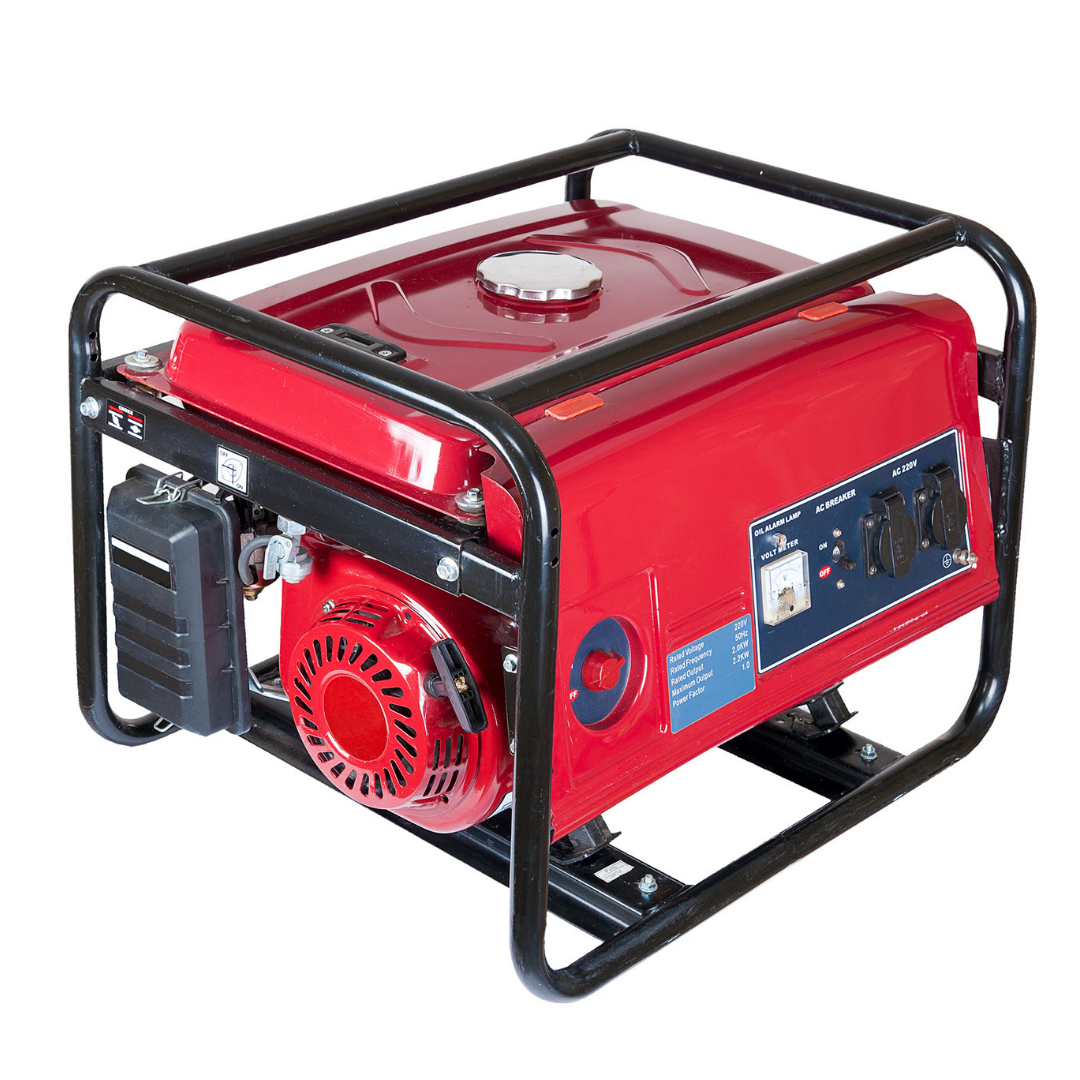Staying Happy, Healthy, and Warm in a Power Outage

Experiencing an Outage?Please Report it one of three ways:1. Access our automated outage reporting system by calling 1-866-862-8322 (1-866-TOAVECC),2. Report online from our Member Service Portal or3. Report online from our mobile app on your smartphone.Please Note: During major outages, phone lines may become congested, and reporting your outage online via the Member Service Portal or mobile app may be a better option. DO NOT report outages on AVECC’s social media channels. |
With winter storms in the forecast for the River Valley, AVECC encourages you to take precautionary measures and prepare for potential power outages. Follow this checklist to ensure your safety, happiness, health, and warmth in the winter weather.
Stay Happy, Healthy, and Warm
- Coordinate with neighbors for care of the elderly and disabled living alone.
- Maintain a supply of prescriptions, nonprescription drugs, vitamins and special dietary foods.
- Playing cards, books, drawing and writing supplies, and board games help pass the time. If you have a video camera and tapes, your family can make a storm documentary.
- Keep sanitary and personal hygiene supplies replenished. Pre-moistened cleansing towelettes are useful and help conserve water.
- Use plastic trash bags and ties for garbage.
- Put first-aid kits in your home and car.
- Make sure you have cold-weather clothing, foul-weather gear, blankets, and sleeping bags.
- Consider purchasing alternative UL-approved heating devices. For example, a fireplace insert or wood stove will keep the heat in your home instead of up the chimney.
- Use flashlights and other battery-operated lighting instead of candles.
- Keep fire extinguishers fully charged.
- Fill your bathtub with water for bathroom use before the storm (if you have a well).
- Protect Your Appliances: Turn off or unplug large appliances that come on automatically and disconnect sensitive electronic equipment such as DVD & Blu-Ray players, computers, and TVs to avoid possible damage from lightning or a power surge.
- Leave a light fixture turned on in several rooms to let you know when electricity is restored.
- Play it Safe: Assume that any downed power line or anything the line touches is energized. Although they may be touching the ground, the line could become energized at any moment.
- Never attempt to move trees from power lines. Notify your Cooperative immediately of any downed lines and let them handle the situation.
Have Plenty of Food
- Keep a 3- to 5-day supply of drinking water in plastic bottles. Plan on at least 1 gallon of water per person, per day.
- Store a manual can opener with enough nonperishable foods for 3 to 5 days. Canned meats, tuna fish and peanut butter are good foods to store. Don’t forget pet foods!
- Keep refrigerator and freezer doors closed as much as possible to prevent cold air from escaping.
- Conserve water by using paper plates and plastic utensils.
- Have a camp stove or grill for outdoor cooking.
Stay In Touch
- Have a portable, battery-powered radio and alarm clock so you will be able to receive local weather reports and news bulletins. Arkansas Valley Electric works closely with local radio stations to keep the members informed about restoration efforts during major system contingencies.
- Have one non-portable phone that will work even if power is interrupted.
- Plan where to meet and how to communicate with family members if separated.
- Keep essential family member contact information near your phone, in your wallet, and in your glove compartment.
Keep Things Going
- Keep plenty of gas in your car.
- Keep extra batteries, matches, propane, charcoal, and firewood.
Operate your Generator Safely 
Portable or permanently installed standby generators can come in handy during long-term power outages. However, if you do not know how to use them properly, they can be dangerous. Contact a qualified vendor or electrician to help you determine what generator is best suited to your needs. Before using, read and follow the manufacturer’s instructions.
If you are installing a permanent generator, it must have a transfer switch. The transfer switch prevents energy from leaving your generator and going back onto the utility electrical equipment when it could be dangerous to a lineman or others near downed power lines, a process known as “back feed.” A qualified electrician should install your generator and transfer switch.
Safe Electricity has the following tips to use portable generators safely:
- Operate it outdoors in an area with plenty of ventilation. Never run a generator in a home or garage. Generators give off deadly carbon monoxide.
- Do not plug a generator into the wall to avoid back feed. Use heavy-duty extension cords to connect appliances to the outlets on the generator.
- Turn the generator on before plugging appliances to it. Once the generator is running, turn your appliances and lights on one at a time to avoid overloading the unit. Remember, generators are for temporary usage; prioritize your needs.
- Generators pose electrical risks, especially when operated in wet conditions. Use a generator only when necessary when the weather creates wet or moist conditions. Protect the generator by operating it under an open, canopy-like structure on a dry surface where water cannot form puddles or drain under it. Always ensure your hands are dry before touching the generator.
- Be sure the generator is turned off and cool before fueling it.
- Keep children and pets away from portable generators. Many generator components are hot enough to burn you during operation.